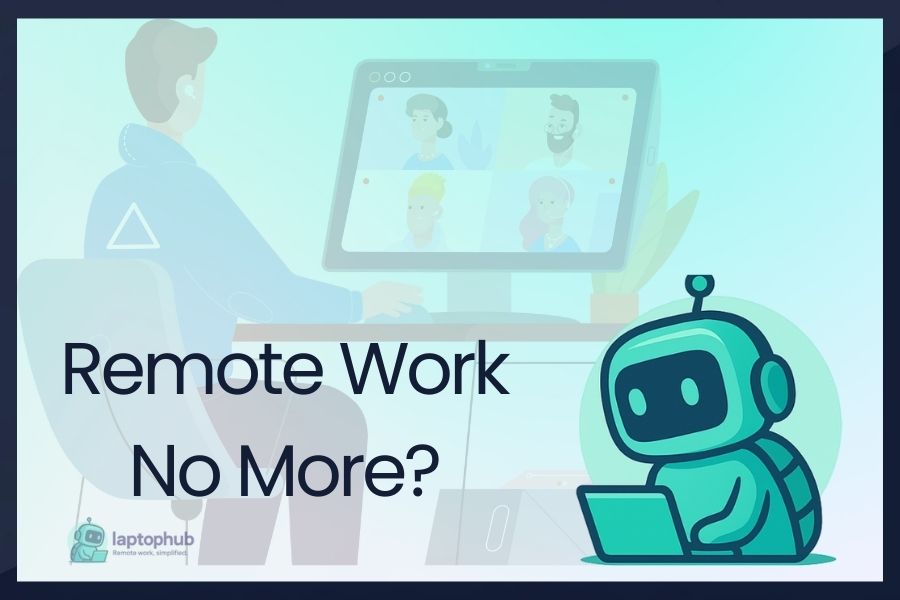In a significant policy shift, Google has informed certain remote employees that they must transition to a hybrid work schedule, requiring in-person attendance at least three days a week. Those who fail to comply could face job termination, according to a report by NBC News.
The new mandate primarily affects employees in Technical Services and People Operations departments. According to internal communications obtained by NBC, employees living within a 50-mile radius of a Google office are expected to report in person. For those unwilling to relocate, Google is offering options such as voluntary exit packages or relocation assistance to move closer to an office hub.
Push for In-Person Innovation
Google leadership emphasizes that the decision stems from a belief that in-person collaboration is essential for innovation, team building, and problem-solving. Co-founder Sergey Brin has been particularly vocal about the need to rebuild an “office culture” that fosters creativity and spontaneous collaboration — aspects they feel have diminished during the remote work boom.
Broader Trend Among Tech Giants
This move mirrors similar efforts by other tech leaders like Amazon and Meta, who have also reversed pandemic-era remote work policies. Companies argue that hybrid environments better support mentorship, productivity, and career development.
Employee Backlash and Future Implications
However, the move has not been without controversy. Some employees argue that the flexibility offered during remote work increased productivity and work-life balance. Internal forums reportedly show that while some understand the need for face-to-face collaboration, others feel blindsided by the sudden rigidity after years of proven remote success.
Analysts suggest that while tech companies are emphasizing hybrid work to preserve culture, they must balance these policies carefully to retain top talent — especially in competitive fields where remote flexibility remains a major job perk.
As Google implements this return-to-office plan, the company acknowledges that some exceptions may apply based on specific roles or personal circumstances, but the broader message is clear: remote-first arrangements are no longer the norm.




